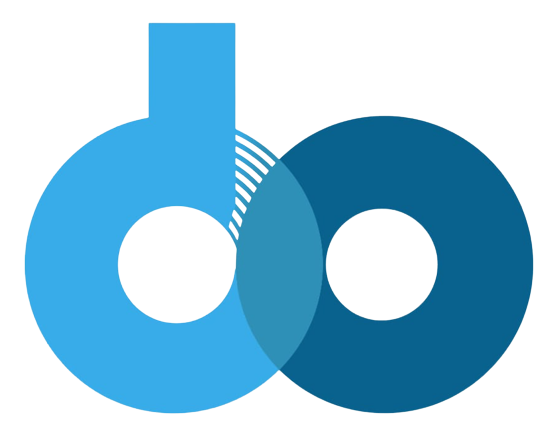The online shopping landscape is poised for a revolution, driven by the decentralized ethos of Web 3. In this paradigm shift, platforms like Do Coin emerge, challenging the dominance of centralized giants with their unique approach to e-commerce. But how does Do Coin stand out, and is it truly a viable alternative? Let’s delve into the world of decentralized commerce and compare Do Coin’s offerings to established centralized platforms.
Centralized Giants: Convenience at a Cost
For years, centralized platforms like Amazon and eBay have dominated online shopping. These platforms offer several advantages – user-friendly interfaces, vast product selections, and convenient payment options. However, these benefits come at a cost. Centralized platforms control data, dictate terms, and extract hefty fees from both merchants and consumers. This centralized structure raises concerns about privacy, censorship, and fair competition.
Do Coin: Empowering Users in the Web 3 Ecosystem
Do Coin, a Web 3 E-commerce platform, seeks to disrupt this power dynamic. Built on the blockchain, Do Coin operates on a decentralized model, empowering users and fostering a more equitable ecosystem. Here’s how it contrasts with centralized platforms:
1. User Control & Ownership: On Do Coin, users retain complete ownership of their data and digital assets. No central authority controls transactions or dictates rules. This promotes privacy and empowers users to participate in the platform’s governance.
2. Transparency & Trust: Blockchain technology ensures transparent and immutable transaction records. This fosters trust and eliminates the need for intermediaries, reducing fees and risks associated with centralized platforms.
3. Token-Based Incentives: Do Coin utilizes its native token, DOC, to incentivize participation. Merchants and consumers earn DOC tokens for transactions, facilitating a self-sustaining economic model.
4. Diverse Product Landscape: While Do Coin is still in its early stages, it aims to host a diverse range of products and services, including physical and digital goods. This aligns with Web 3’s vision of a more open and inclusive internet economy.
Challenges and Considerations:
Despite its potential, Do Coin faces challenges on its path to mass adoption. The user interface might be less intuitive compared to established platforms, and the overall product selection is still growing. Additionally, mainstream cryptocurrency adoption remains limited, potentially acting as a barrier for some users.
Choosing Your Platform:
The choice between Do Coin and centralized platforms depends on your individual priorities. If you prioritize convenience and a wide selection, established platforms might still appeal. However, if you value privacy, ownership, and contributing to a decentralized future, Do Coin offers a compelling alternative.
Do Coin and its decentralized counterparts represent a paradigm shift in online commerce. While hurdles remain, the potential for a more user-centric, equitable, and transparent e-commerce landscape is undeniable. As Web 3 evolves, platforms like Do Coin will continue to challenge the status quo, offering users a distinct and potentially transformative shopping experience. Ultimately, the future of e-commerce will likely be shaped by a blend of both centralized and decentralized models, each catering to different needs and preferences.
